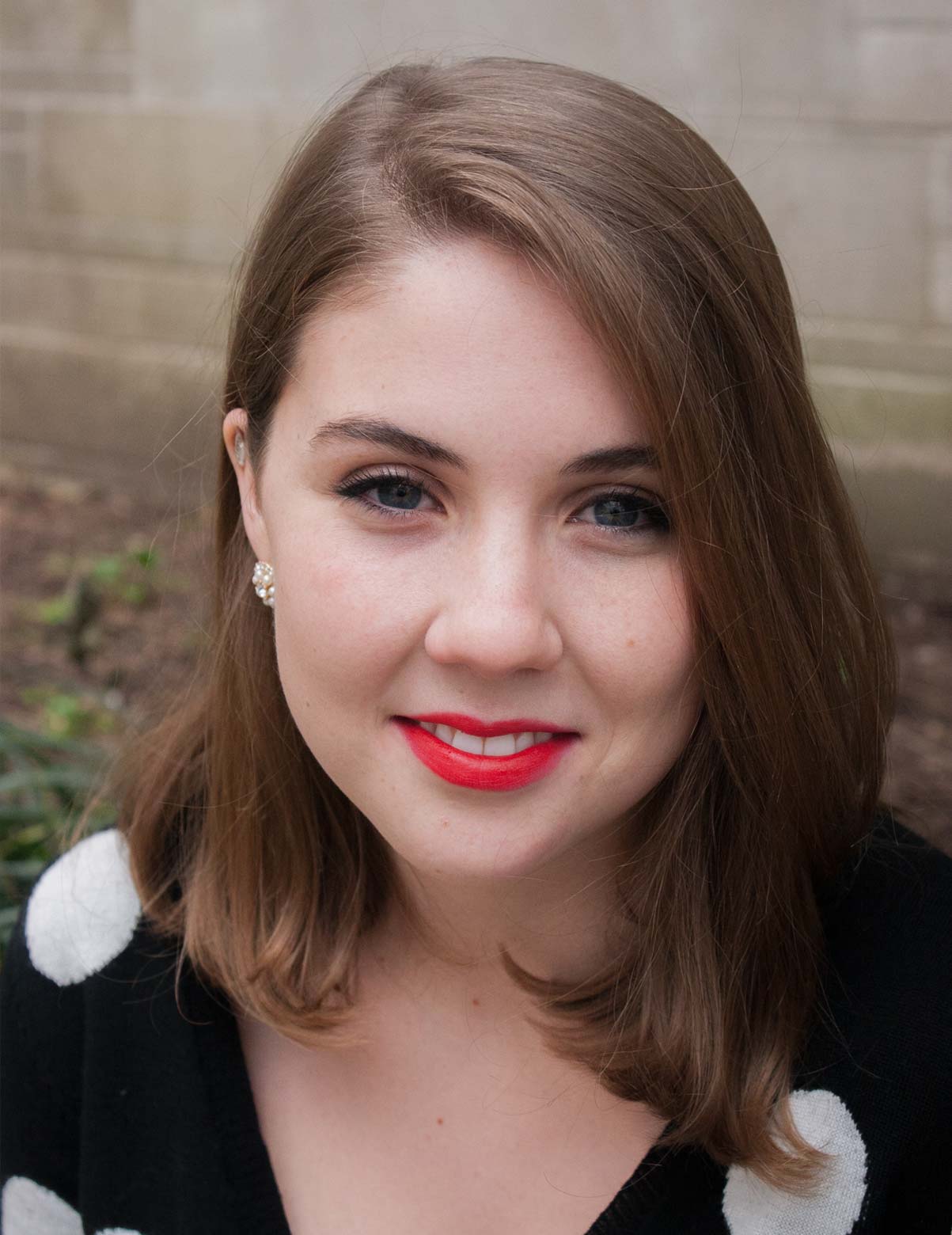Emily Lyon is an Indiana University-Bloomington graduating senior from South Bend, Indiana.
- About Me
- I'm a senior currently finishing up my thesis on a woman named Martha Griffith, who was a doctor in the 19th century. I'm applying to PhD programs for the fall as well as looking at jobs in museums and walking-tour companies.
- History and curiosity?
- Humans talking to other humans about history has been around for a very long time. Why is that something that we enjoy? It's a normal human curiosity to be interested in your past, but we often write about history from a sort of third-person perspective. So I'm thinking about it from a first-person perspective and really focusing on the human experience of writing history.
- Close encounters of the historical kind
-
I was in Professor McGerr's class on the history of the 60s at the same time my roomate, who's a sociology major, was working in a sociology lab. As I was talking to her, I said, "I wonder what that's like in history?" When I asked, Professor McGerr actually said, "You can work with me." So I helped him with his work in the field. I actually got to take a trip on a research grant for that.
I went to Biltmore because I was studying the houses and their history, and I kind of freaked out because I was like "I've been reading about these people for months and here I am standing where they stood!" That was very exciting for me and really solidified my decision to be wholeheartedly committed to history.
- Advice for other students
-
I think in history there's a difference between training and learning. History is a special place for learning because it gave me a chance to see how the world is connected, how things change over time.
One of my history interests is material culture and how women in the past--the 19th century--used clothes and presentation to get their agendas across or assert their identity or challenge norms. I also work at the IU auditorium, and working at the auditorium made me think about a lot about self presentation and clothing and how people perceive you and negotiate relationships around power and presentation. I was applying my history training in what I was saying about people, to people, making decisions on the spot about how to manage staff, how to manage volunteers, how to present myself to patrons at the auditorium.
Both were part of my journey in discovering who I am, which sounds really corny, but I think they're linked in that sense. History gives you a really important perspective no matter what field you go into, but being able apply what you know about those historical connections as you work with other people and the public is just as important.

 The College of Arts + Sciences
The College of Arts + Sciences